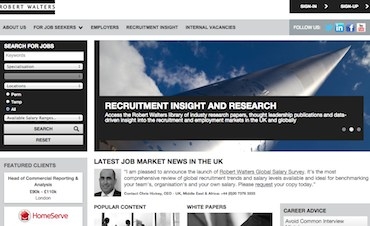Financial services professionals are motivated by more than just pay, according to a new study which also showed that their working hours remain the longest of any profession.
While 62% of financial services professionals judge pay and benefits to be 'very important', 53% also attach a premium to healthy work-life balance and 49% to interesting or challenging work.
However, variations do emerge between different professions. In risk and compliance, for instance, the number who agree that good work-life balance is 'very important' rises to 57%, but drops to 38% among change management professionals.
At 47.7 hours, the survey for financial services recruitment company Robert Walters confirms that the average working week in financial services is longer than IT (43.4 hours), HR (44 hours), accountancy (44.4 hours), legal (45.6 hours) and sales (45.8 hours). Change management specialists put in the longest working weeks, clocking up an average of 48.4 hours.
Overall, nearly half of all financial services professionals find themselves working at least 50 hours a week, compared to a national average of 31%.
Financial services professionals are also more autonomous than other professionals, requiring less direct management from bosses to succeed. Only 25% rate feedback and encouragement from managers as 'very important' to job satisfaction, compared to 40% in HR and 36% in marketing.
Peter Milne, Director of Financial Services Recruitment at Robert Walters, said: "A widespread conception is that many financial services professionals looking for a new job are driven solely by the attraction of a higher salary, a factor that has weighed heavily on how institutions have sought to recruit these individuals.
{desktop}{/desktop}{mobile}{/mobile}
"However, the survey suggests that other influences are at play, not least the motivation of being challenged and the fact that many financial services professionals attach a high value to a sensible work-life balance.
"With demand climbing and shortages of key professionals emerging, this is an optimal time for employers to consider how to keep staff engaged and motivated, boosting retention rates and helping to attract the best for their business."

